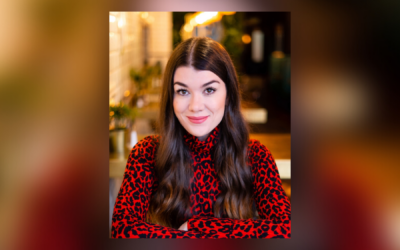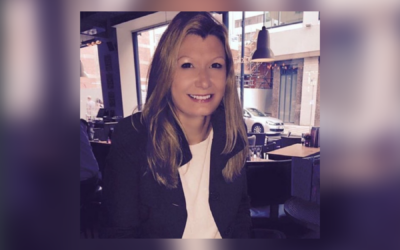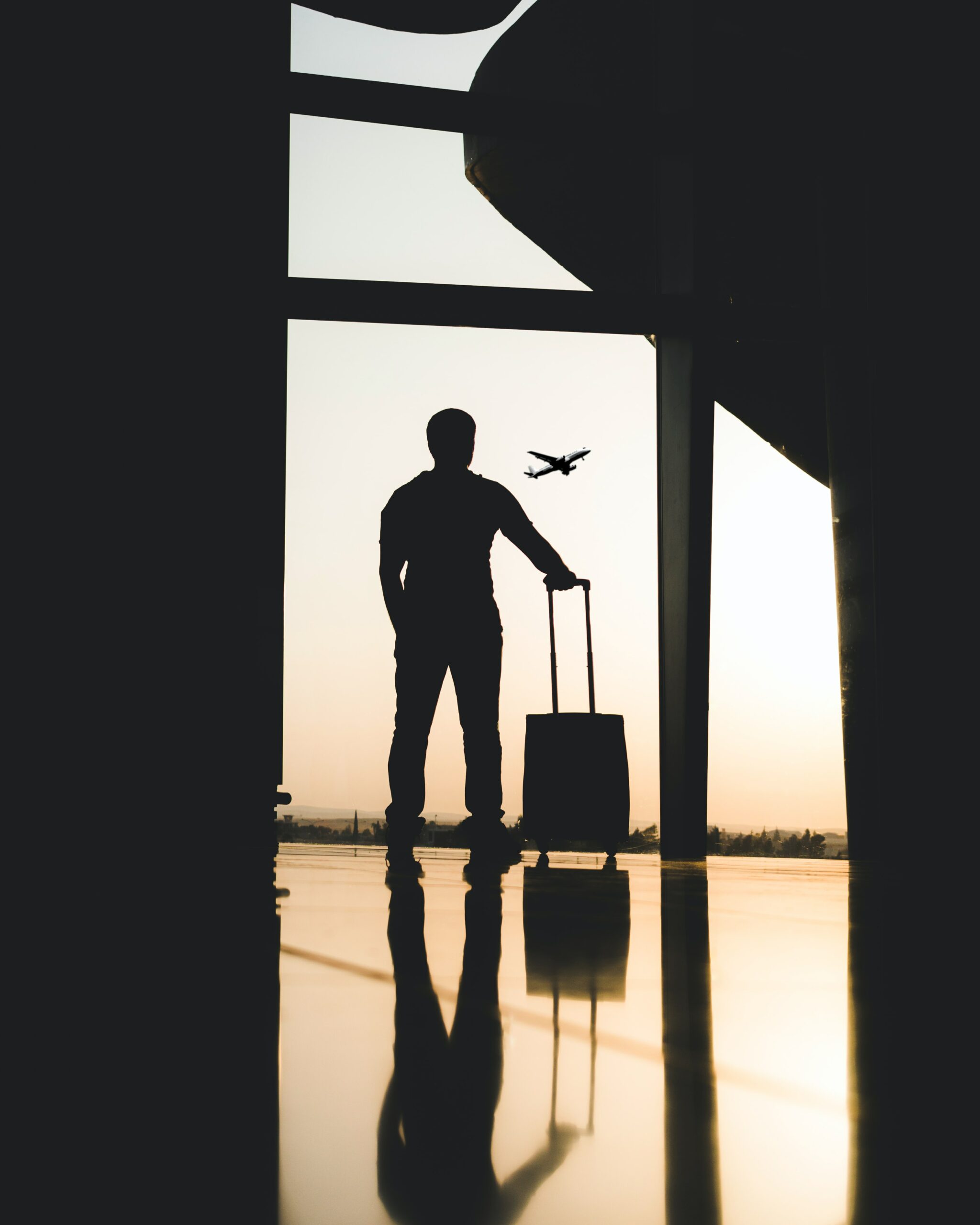1. It’ll be crucial to plan what you say as a brand marketer (communications planning), and where you say it (media planning) is going to be crucial. The travel category is built on top-of-mind awareness, and right now, pretty much everyone in the category is silent. Against that backdrop, now is the opportune moment to take advantage of the relative quiet and increase your share of voice and therefore category growth.
The winners will be the brands that get the timing just right, going slightly earlier than they are probably comfortable with – maximising share of voice through a robust and well-thought-through plan that captures TV advertising, digital, print, and eventually when things open up, outdoor advertising.
2. Travel brands must resist the temptation to add to generic ‘corona advertising’. Travel is about escapism, and everyone could do with a bit of that right now. In the same way, that book sales have surged during the pandemic as people choose to escape to a different reality, even if only fleetingly, by burying themselves in a book, so too are people dreaming of holidays – away from the daily grind, where relaxation is the name of the game.
Let’s remember that during the lockdown, many of us have been effectively managing multiple workloads – both our ‘normal’ jobs and that of nanny, teacher and housekeeper. Add to that the well-documented anxiety we’ve been dealing with, in the face of desperate news headlines, and it’s no surprise that a relaxing getaway is something many of us are starting to think about. If a brand gets the tone just right, well, their message will resonate.
3. It’s not just young people. Yes, there will be a school of thought that tells travel brands to focus on millennials as travel and experiences are a central part of their identity. And yes, it’s undoubtedly true that some older travellers, lacking a ‘devil may care’ attitude, will be more nervous about travelling. But at the end of the day, travel and tourism is just as much part of the identity of the boomers.
And frankly, those boomers are much more valuable to the category, particularly right now, amid mass unemployment, furloughs and reduced disposable income. As a recent survey revealed, 52% of older travellers have not been affected at all by the economic implications of coronavirus and another 30% are cautious but not “feeling the pinch”.
4. Reassurance will be essential. This probably isn’t the last we’ve heard of the coronavirus so product features, innovation and offers like free cancellations will be more important than ever. Hotels that use an electrostatic ‘gun’ to disinfect every room after use? Yup, that’s a thing already and is providing comfort to those considering travelling again.
Beach resorts that can offer clientele a private, plexiglass cube on the sand to ensure tanning and safety in equal measure? That slightly kooky innovation will undoubtedly appeal to some potential travellers this summer. Whatever the shiny, new feature, what’s important is that you don’t only communicate the rational ‘reasons to buy’ – instead dig deep, home in on the emotional aspects and remember to be distinctive in how you get your message out.
5. Domestic travel has the potential to sky-rocket. International travel might not be back in a meaningful way this summer but as domestic lockdowns start to ease up, friends and family connections starved of contact recently will be tempted to travel in bigger and better ways within their home countries, maximising holiday time by reducing travel time.
The travel industry winners will be the ones that sell ‘close to home’ holidays like never before and inspire us with the possibilities of local shores. Isle of Wight, anyone?












